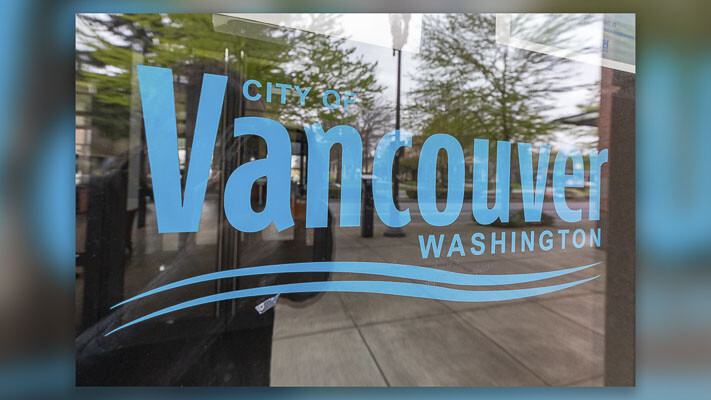
As Vancouver has grown, housing production hasn’t kept pace
VANCOUVER – The city of Vancouver welcomes community review and input on proposed changes to its Multifamily Tax Exemption (MFTE) program.
As Vancouver has grown, housing production hasn’t kept pace. A housing market study completed by ECONorthwest for the city in 2022 found that Vancouver will need to build 2,500 units per year over the next decade to meet the new demand and close the current gap. The MFTE program is one of many tools that the city uses to encourage housing production. It offers temporary tax exemptions to housing developers for both affordable and market-rate housing projects.
Proposed changes will:
- Add new eligible areas to encourage and incentivize multifamily housing development more equitably throughout the community. The new proposed areas include, Fruit Valley, uptown, the Highway 99 corridor, S.E. Mill Plain Boulevard corridor, Evergreen and Grand corridors, east Vancouver, and the Heights District. These areas are all zoned for multifamily housing and primarily located along rapid transit bus lines. Under the current program, only properties in downtown, the Vancouver waterfront and along Fourth Plain Boulevard are eligible.
- Promote development that creates more walkable neighborhoods and easy use of public transit. This will help decrease the need for car trips and reduce traffic, while positively impacting the climate.
- Support affordable housing development and simplify the existing MFTE program. Proposed changes would require developers to pay in-lieu fees for market rate projects, which could only be spent on affordable housing.
Visit beheardvancouver.org/mfte to view a map of the proposed target areas and the draft program manual. Community members can provide comments on the proposed changes online or by attending one of two upcoming MFTE program information sessions on March 23.
• MFTE Community Info Session #1: 1 to 2 p.m. on March 23
• MFTE Community Info Session #2: 5 to 6 p.m. on March 23
Community members should register for the session that best fits their schedule; the content of each meeting will be the same. Feedback on proposed changes to the MFTE program will be accepted through April 21.
To request interpretation or other accommodations at these sessions, please email william.cooley@cityofvancouver.us.
For more information, contact Samantha Whitley in the Economic Prosperity and Housing Department at samantha.whitley@cityofvancouver.us or (360) 487-7952.
Information provided by city of Vancouver.
Also read:
- Large crowd expected at C-TRAN Board of Directors Meeting Tuesday, April 15A large turnout is expected at the April 15 C-TRAN board meeting, where public input and a key vote on light rail funding will follow the recent removal of Michelle Belkot.
- Letter: ‘Here’s why taxpayers should be concerned’Camas resident Gary Perman urges voters to reject RFA Proposition 1, warning of higher taxes, no added services, and misleading campaign claims.
- Letter: ‘The IBR needs a more cost-effective design’Bob Ortblad argues the I-5 Bridge replacement project is overbudget and inefficient, urging a more cost-effective tunnel alternative to avoid excessive tolls and taxpayer burden.
- Vancouver Police make arrest in Blandford Drive homicideVancouver Police detectives arrested Dariel Nunez Montero in Kentucky on a murder warrant connected to the November 2024 homicide of Courtney Clinton.
- Large high school track and field meets are community eventsThe Tiger Invite in Battle Ground showcased not only athletic talent from 17 local high schools but also the powerful sense of community that makes large track and field events possible.
- WA Senate votes to set a 10% limit on annual rent increasesThe Washington Senate has approved a 10% annual rent increase cap as part of a controversial bill that now heads back to the House for final approval.
- Opinion: Employers shouldn’t pay workers not to work: Paying people to strike should be a union’s jobElizabeth New of the Washington Policy Center argues that Senate Bill 5041 would burden employers and taxpayers by using unemployment funds to pay striking workers instead of requiring unions to support their members.











